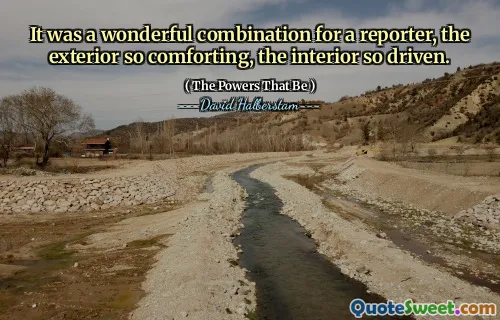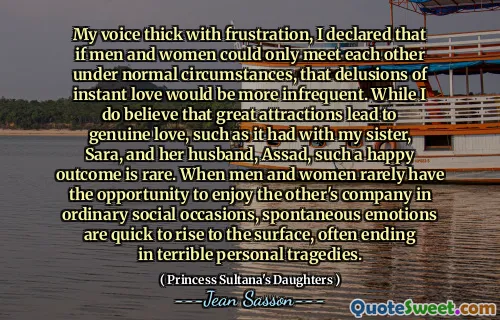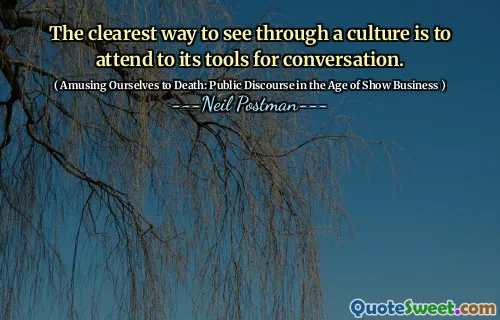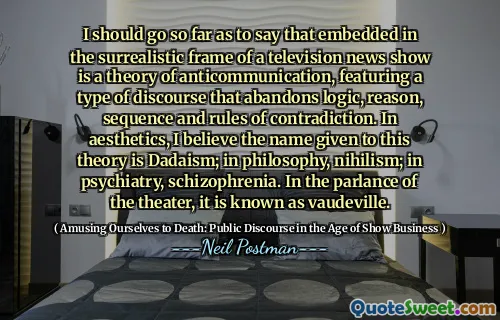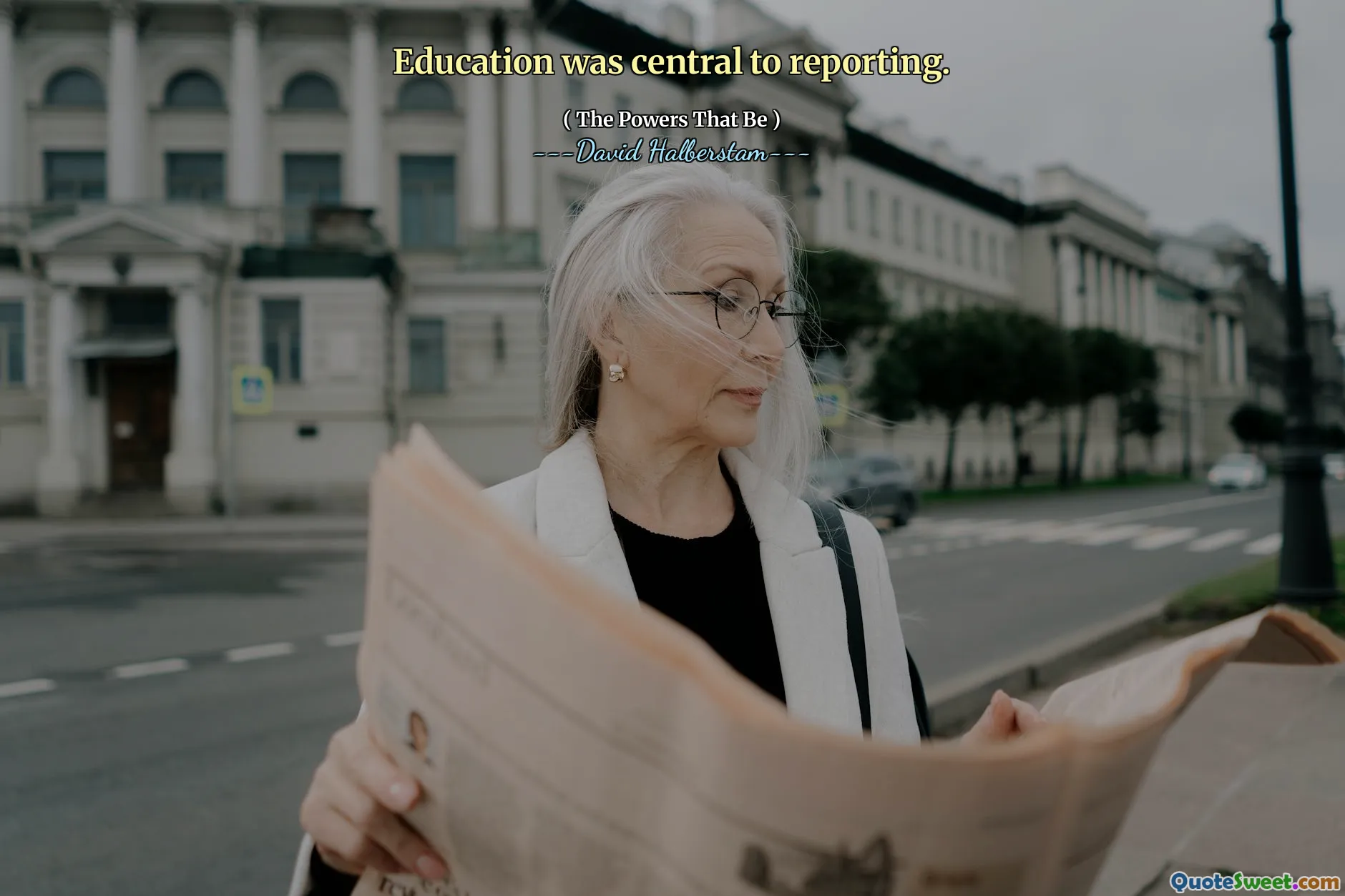
Education was central to reporting.
The quote underscores the vital role that education plays in the realm of journalism and reporting. Education not only provides reporters with the foundational knowledge and analytical skills necessary to understand complex issues but also instills ethical standards and critical thinking, which are essential for responsible journalism. When journalists are well-educated, they can better interpret data, recognize biases, and convey information accurately and fairly to the public. This is especially important in an age where misinformation spreads rapidly, and the media has immense influence over public opinion and policy. Education empowers reporters to interrogate sources thoroughly, understand nuances, and challenge prevailing narratives, thereby contributing to a more informed and engaged populace.
Furthermore, in the context of reporting, education helps build credibility and trustworthiness. Audiences are more likely to rely on information that is backed by thorough understanding and integrity, which are cultivated through continuous learning. The importance of education extends beyond individual reporters; news organizations that prioritize journalistic training often produce higher quality content, which serves the democratic process by fostering transparency and accountability.
Reflecting on this, the relationship between education and reporting suggests that investing in educational programs for journalists is crucial for the health of a free press. It also reminds us that the power of information is amplified when that information is rooted in knowledge and ethical standards. The evolution of media, with new platforms and rapid dissemination of news, makes ongoing education even more critical, ensuring that reporters keep pace with technological advancements and emerging issues. Ultimately, the phrase encapsulates the enduring truth that education is the backbone of credible, impactful journalism—an essential pillar in the foundation of informed societies.

